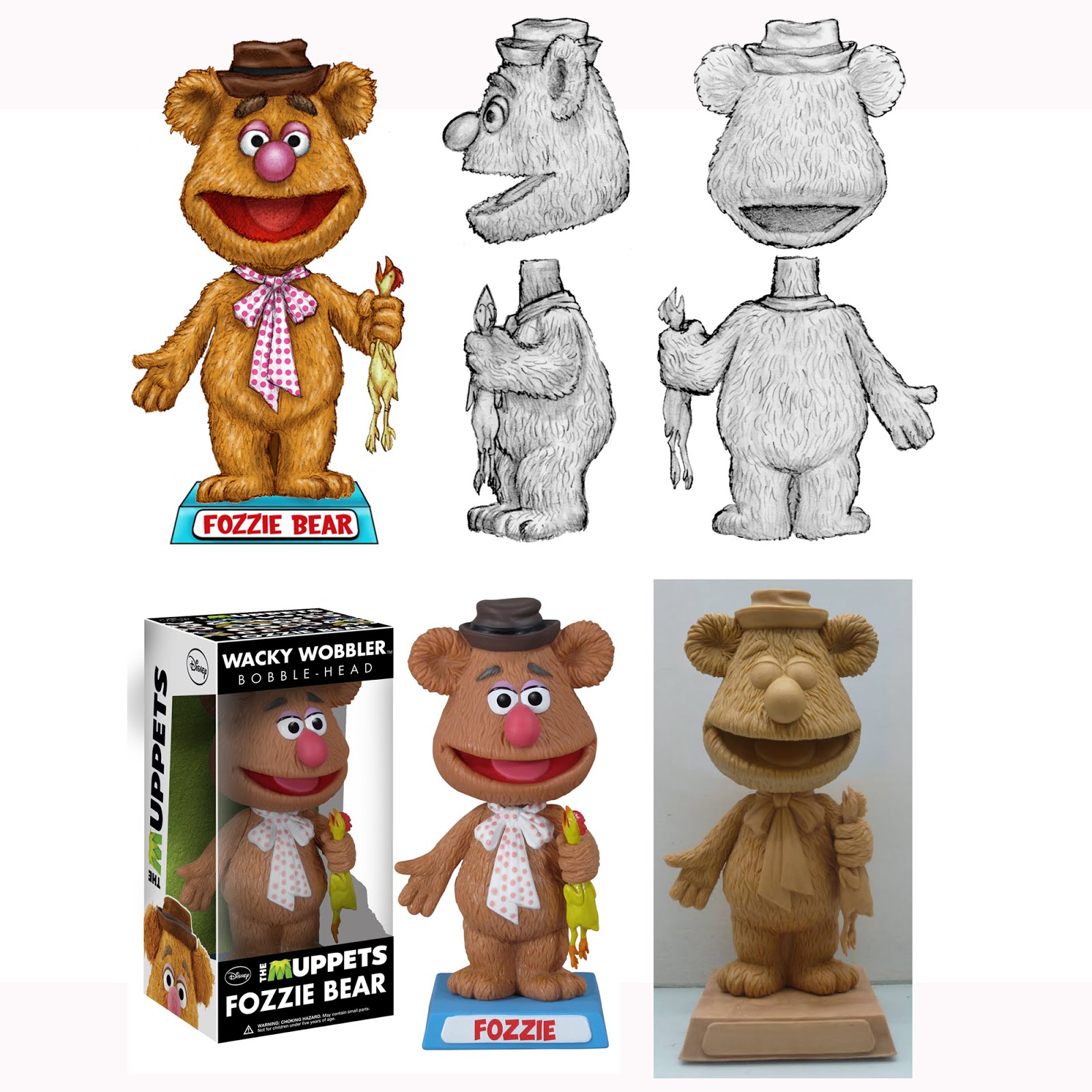

They should be able to adapt equipment and technology to meet the needs of the design, determine how a product works, and whether it is successfully designed to function as it should, Designers must be good communicators, within a team environment, and be able to bring other members of the team together to solve problems or reconcile differences. Designers must also be able to solve complex problems, use sound judgment, be able to analyze needs and product requirements, and have good time management skills.
#Toy designer jobs full#
There are also a number of ‘soft-skills’ that all toy designers should have, such as critical thinking skills to give full attention to what clients, managers, supervisors and the public are requesting and using reasoning and logic to reach solutions or approaches to problems. There are often employees who specialize in verifying that new creations meet standards, as well.

Regardless of your position in the company, you should have intricate knowledge of all safety regulations, both state and national, in order to create the best prototypes and stay within the safety guidelines. Meeting regulatory requirements is of paramount importance in this field. There are many areas of play that can be cultivated to great success. You may also want to specialize in one set type of toys – such as board games, scientific toys, or dolls. In reality, you might find that specializing in one area is more beneficial to your success in the field. This may sound like a great many skills to master. They may watch play studies and conduct focus groups to further their ability to create marketable toys, as well as fine-tune current prototypes. Successful toy creators also have exceptional knowledge of children’s play. So, the toy designer may wear a number of hats, from creativity and business to marketing. They may be responsible for estimating production costs as well as the retail prices to get the production of the toy approved through their company, as well. Toy designers may work with a whole team or alone to create a new concept. Toys must be intricately designed, mainly because there are many safety regulations involved and the toy must meet certain standards after repeated and harsh treatment. Toy designers often create the toys from the ground up – this means sketching or CAD drawings of the original concept and creating a prototype. That’s only the most basic requirement, though. If you’re considering this field, you should be excited about toy development and the ideas surrounding improved play for all ages.

The most obvious attribute for someone who works as a toy designer is a love for toys. There are set skills that are more highly sought after in this field and, in many cases, a four-year degree is highly desirable in the hiring process. But, it is important that you focus on toy design as a field – this isn’t a career path that you’ll likely fall into accidentally. That doesn’t mean that toy design is an impossible field to get into. Today’s toys are often manufactured by a few large companies, so the career path is highly competitive, especially for designers looking for full-time employment. However, most colleges and universities don’t have set majors in toy design, and there aren’t many courses designed specifically for this field, although there are many courses that lend themselves to the unique skills that a toy designer will need and use on the job. Some other job titles you’ll see in employment listings for this field include, toymaker, toy engineer, and toy creator, among others. A toy designer, as the name indicates, is someone who designs and creates toys.


 0 kommentar(er)
0 kommentar(er)
